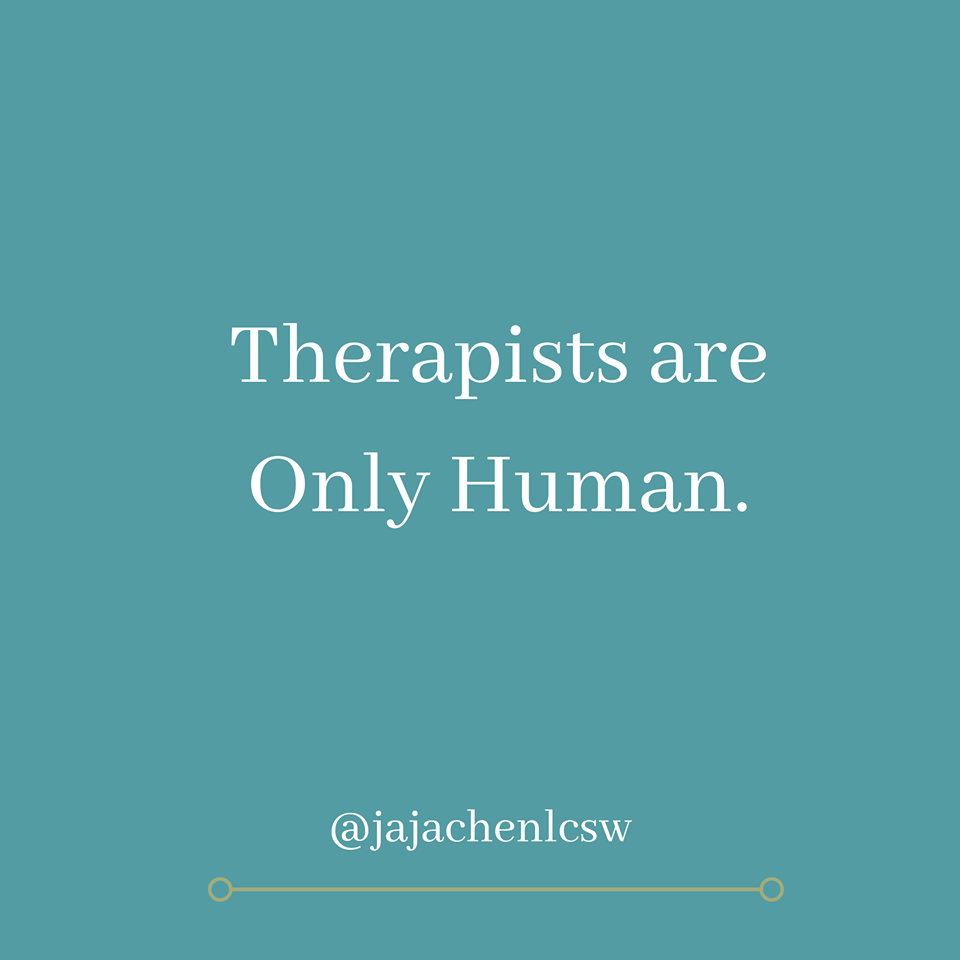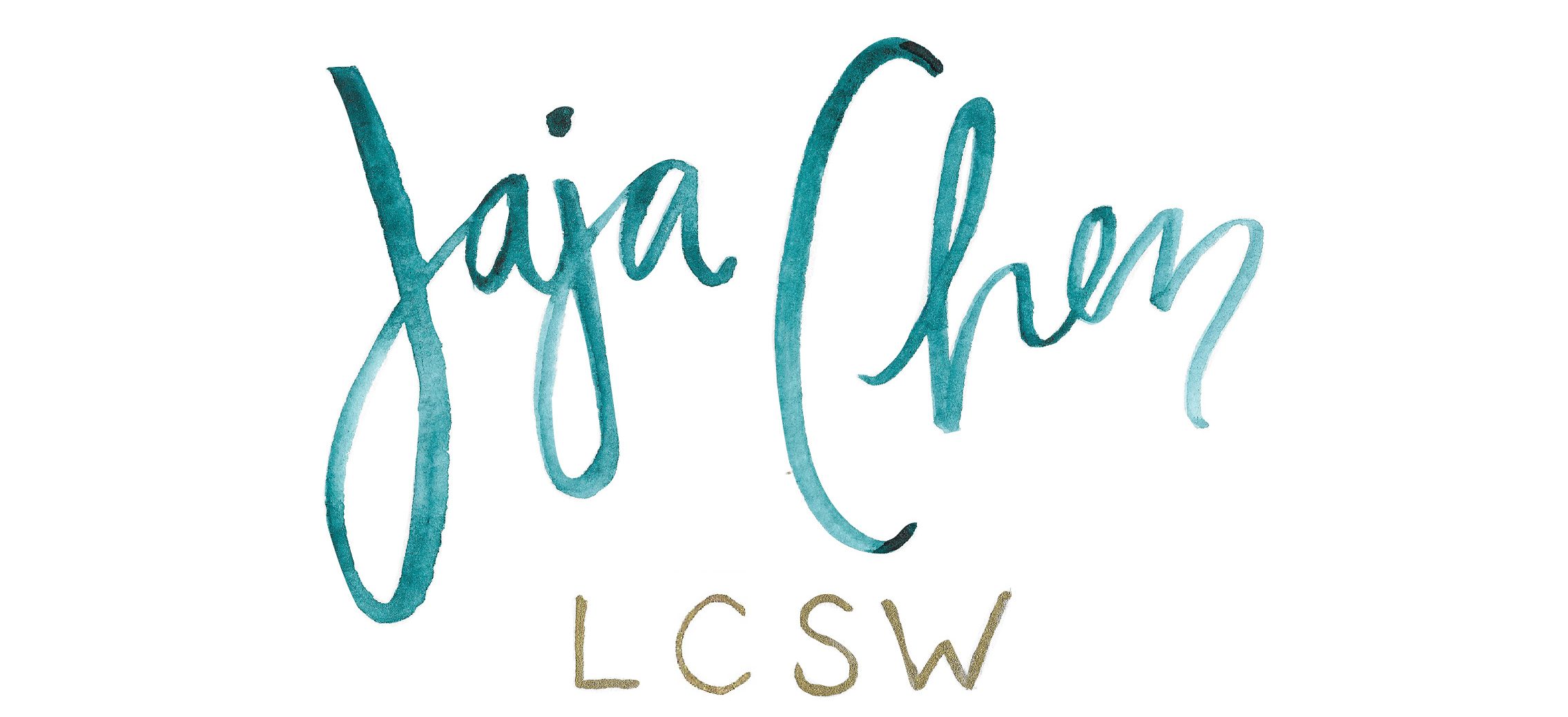
Therapists are only human too. Our roles are not to fix, solve, or take away all your problems, even if we feel burdened at times to do so. Instead, our role is to help facilitate healing and to help you process through trauma and grief and to make space for – to welcome – all emotions and experiences of suffering. As a therapist, I am forever shaped by the experiences and the stories I hear day in and out. As a human and as a therapist, we are all marked and touched by our clients and I don’t know a single therapist that would say their clients do not impact them on a deep level – maybe more than you even realize.
As a human and as a therapist, we are all marked and touched by our clients and I don’t know a single therapist that would say their clients do not impact them on a deep level – maybe more than you even realize.”
My work as a therapist has given me great joy and purpose, an awareness and deep compassion for people, a gratitude for life, for family, for connection with friends, and others. Yet my work as a therapist has also led to, at times, experiences of secondary trauma, burnout, and physical impacts of stress and trauma within the body.
Because I am only human, as a therapist, I challenge myself, other therapists, and helping professionals often to consider the ways our own bodies store trauma. It is pivotal for us to care for ourselves – mind, body, spirit – and to utilize tools we challenge our clients to use as well. For me, my self-care toolkit includes meditation, prayer, journaling, yoga, massage therapy with Kendra of Free Spirit BodyWorks, herbal teas, chiropractic care with Dr. Boman at Roots Chiropractic, at-home gua sha and cupping therapy, my faith, caring connections with family and friends, walks at the park, Epsom salt baths, essential oil rollers, placing phone on airplane mode at night limiting social media and news exposure, and much more.
These tools for self care can feel overwhelming when we are in more stressful seasons, when we experience trauma ourselves, or even as therapist’s own mental health concerns arise. And as a result, there’s been times in my journey as a therapist in which I’ve also pursued therapy for my own processing and stress management work.
We have an ethical obligation as therapists to commit to caring for ourselves as we care for others.
We have an ethical obligation as therapists to commit to caring for ourselves as we care for others.”
And it is vital as therapists for us to continue maintaining our professional role, ethics, and standards as we continue the work we do. Yet today, I acknowledge, that therapists are only human too. We don’t often see this or give ourselves permissions to accept this. Nor do we really talk about this as a profession. Maybe today can be a start.
A few book resources for your self-care journey as a helping professional:
Trauma Stewardship by Laura van Dernoot Lipsky
The Body Keeps the Score by Bessel van der Kolk
The Gifts of Imperfection by Brené Brown
Present Over Perfect by Shauna Niequist
